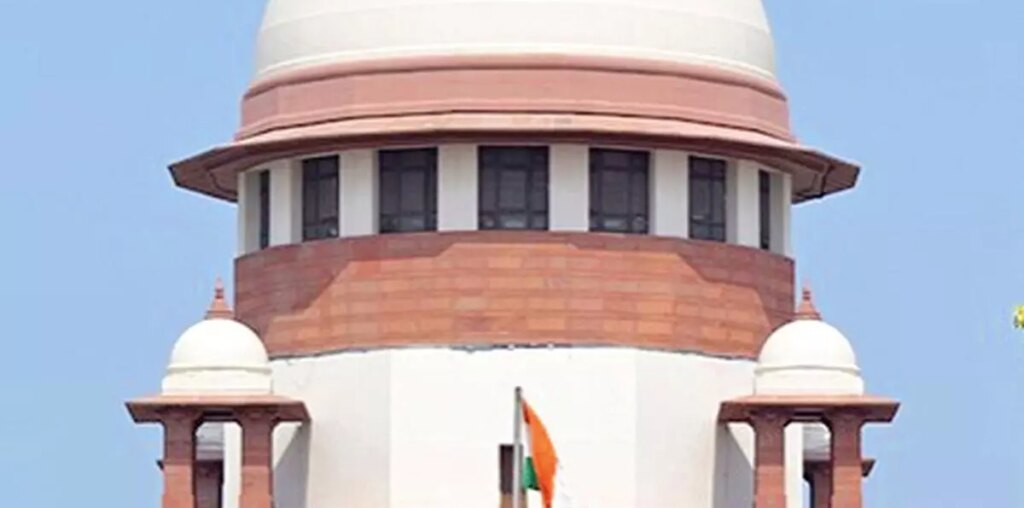The Supreme Court on Wednesday lashed out observing that States which metamorphose into judges to punish accused persons awaiting trial by driving bulldozers into their homes indulge in a naked display of “might is right” without sparing a thought for families rendered shelter-less and destitute overnight.
“The chilling sight of a bulldozer demolishing a building, when authorities have failed to follow the basic principles of natural justice and have acted without adhering to the principle of due process, reminds one of a lawless state of affairs, where might was right,” a Bench of Justices BR Gavai and KV Viswanathan observed.
Communal tone
The 95-page judgment followed petitions representing citizens from several States, including Uttar Pradesh, Madhya Pradesh and Rajasthan, who had sought redress against the States’ “bulldozer culture”. They had complained that their properties were demolished by the State machinery without due process of law on the ground that they were accused of criminal offences. The petitions even claimed the demolitions had a communal tone. On September 17, the apex court had suo motu extended the ambit of the case, and barred such demolitions across the country.
The top court, in its verdict, invoked extraordinary powers under Article 142 of the Constitution to issue a slew of “binding directives” to fasten accountability on public officials. They include a 15-day prior notice of demolition to the occupants; the notice must provide details of the nature of the unauthorised construction, specific violations and grounds warranting demolition; the owner or occupants who want to challenge the State action must be given a fair opportunity by the designated authority; the final order of the authority must have reasoned conclusions; the actual demolition must be videographed; and so on.
Justice Gavai said the government cannot transform itself into a judge to find an accused guilty without trial and deliver a “collective punishment” to him and his family by wrecking their home and their shared memories with a bulldozer. This would be a violation of the ‘rule of law’, which was a part of the Basic Structure of the Constitution.
Nothing short of anarchy
The judge said destroying family homes, leaving entire families homeless, was nothing short of “anarchy”. The executive actions of public officials must be consistent with maintaining public trust. “The greater the power to decide, the higher is the responsibility to be just and fair,” Justice Gavai observed.
“If his spouse, children, parents live in the same house or co-own the same property, can they be penalised by demolishing the property without them even being involved in any crime? As is well known, a pious father may have a recalcitrant son and vice versa. Depriving innocent people of their right to life by removing shelter from their heads, in our considered view, would be wholly unconstitutional,” Justice Gavai underscored.
An accused is presumed innocent until proven guilty in a court of law, the court reminded the States.
The principle of ‘separation of powers’ gave the courts, not the State, the authority to decide if a person was guilty of a crime or not. The State cannot take excessive measures even against convicts. There should be institutional accountability if public officials violate the rights of an accused or a convict through arbitrary exercise of power, the court held.
The judgment said the burden was on the authorities to disprove in court the presumption that they did not demolish a structure to penalise the accused owner or occupant.
“When a particular structure is chosen all of a sudden for demolition and the rest of the similarly situated structures in the same vicinity are not even touched, mala fide may loom large,” Justice Gavai observed.
The court said for an average citizen, the construction of a house was often the culmination of years of hard work.
“A house is not just a property but embodies the collective hopes of a family or individuals for stability, security, and a future… It gives a sense of dignity and a sense of belonging. If this is to be taken away, then the authority must be satisfied that this is the only option available,” Justice Gavai noted.

